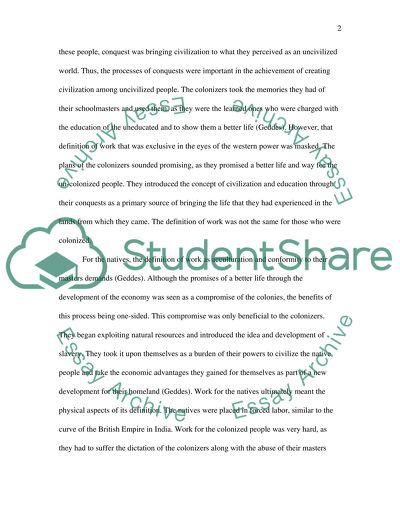Cite this document
(“The Evolution of Work Essay Example | Topics and Well Written Essays - 1750 words”, n.d.)
Retrieved from https://studentshare.org/family-consumer-science/1420066-the-evolution-of-work
Retrieved from https://studentshare.org/family-consumer-science/1420066-the-evolution-of-work
(The Evolution of Work Essay Example | Topics and Well Written Essays - 1750 Words)
https://studentshare.org/family-consumer-science/1420066-the-evolution-of-work.
https://studentshare.org/family-consumer-science/1420066-the-evolution-of-work.
“The Evolution of Work Essay Example | Topics and Well Written Essays - 1750 Words”, n.d. https://studentshare.org/family-consumer-science/1420066-the-evolution-of-work.


